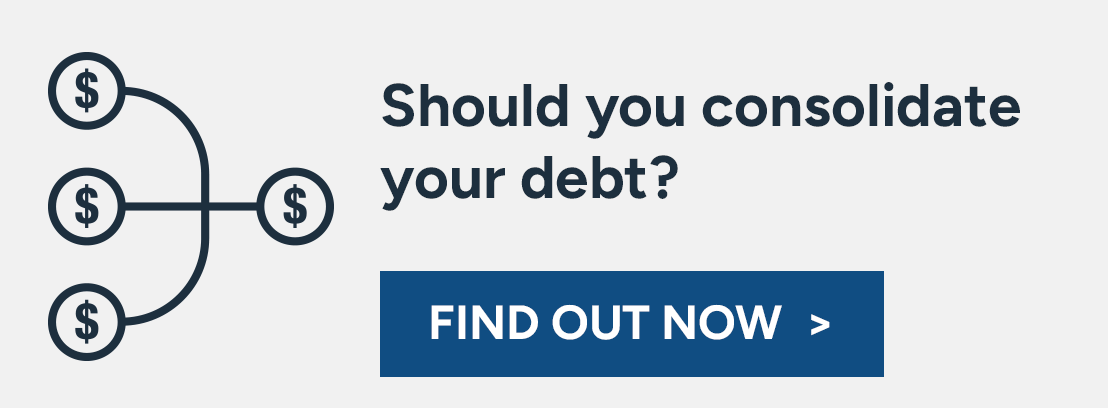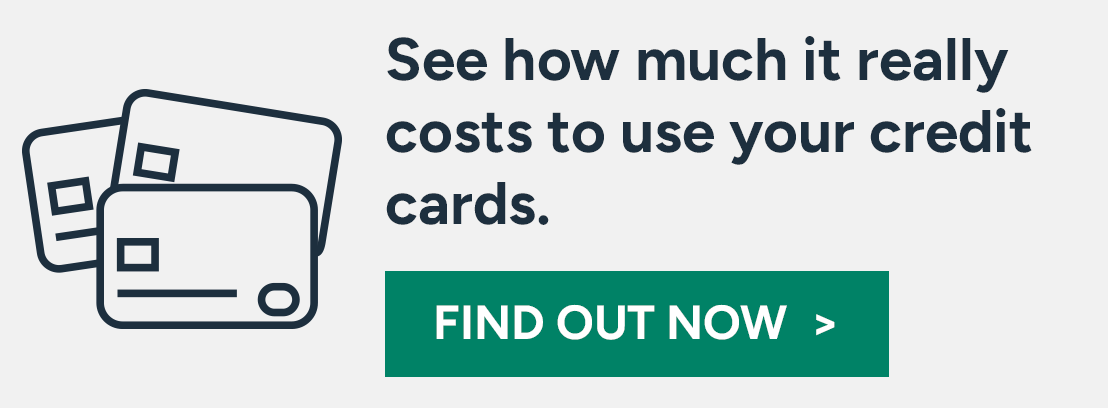 Debt settlement credit score impact can be serious and can jeopardize your financial future.
Debt settlement credit score impact can be serious and can jeopardize your financial future.
One of the most important factors influencing a person’s ability to obtain a loan, mortgage, or credit card is their credit score. It represents their financial trustworthiness, anhttps://www.consumercredit.com/what-is-debt-settlement/d one of the issues that can have a significant impact on this score is debt settlement.
What is Debt Settlement?
Debt settlement is an agreement between a borrower and a creditor to resolve an outstanding debt for a reduced amount, which is considered to be “paid in full.” It is typically an option considered by individuals experiencing financial hardship, and the debt is too overwhelming to pay in full. Through negotiation, a lump-sum payment that is less than the total outstanding debt is agreed upon. A debt settlement company often works with you as an intermediary in the process.
While a debt settlement program may help you get out of debt, debt settlement credit score impact can be serious and can jeopardize your financial future.
Given all the discussion about this topic it is important to think through all your options for getting out of debt before you apply for debt settlement,
The Impact of Debt Settlement on Your Credit Score
While debt settlement can provide a feasible solution to unmanageable debt, it also has potential negative implications for your credit score. When a debt is settled, it doesn’t reflect as paid in full on your credit report. Instead, it shows as “settled,” which means you have paid less than the original amount you owed.
Short-Term Impact
In the short term, debt settlement will likely have a negative impact on your credit score. This is because, to negotiate a debt settlement, you typically need to be behind on your payments, which in itself can severely harm your credit score. Late or missed payments are a significant factor in credit scoring models, and a history of these can imply that you’re a higher credit risk.
Furthermore, the account status on your credit report changes to “settled” or “paid settled.” This status signals to potential lenders that you did not pay the debt in full as initially agreed, which can make you seem like a riskier borrower.
Long-Term Impact
In the long run, the impact of debt settlement on your credit score may be less severe, but this largely depends on your financial behavior post-settlement. The negative effect of the settlement diminishes over time, especially if you engage in positive credit habits such as making timely payments on your other accounts, keeping your credit utilization low, and not taking on excessive new debt.
However, it’s worth noting that the record of a debt settlement can stay on your credit report for up to seven years, which could affect your future borrowing capacity during that period.
Debt Settlement Vs. Other Debt Relief Options
While debt settlement can impact your credit score negatively, it’s not always the worst option. For instance, bankruptcy, another form of debt relief, can have a more devastating impact on your credit score and stay on your credit report for up to 10 years.
Debt consolidation, on the other hand, could potentially have a less damaging impact on your credit score, as it involves taking out a new loan to pay off your existing debts. If handled responsibly, this approach may even help improve your credit score over time.
How a Debt Settlement Company Works.
So, how does debt settlement work to eliminate debt? When you sign a contract with a debt settlement company, you’ll stop making payments to your creditors and will send that money instead to an account with the settlement company. After a number of months, when you have a large amount of back-owed payments, the debt settlement company will make an offer to your creditors to settle your debt for some portion of what you actually owe them, using the amount you’ve saved in the account to pay off your debts. If successful, you’ll pay a sizable fee to the debt settlement company, plus taxes on any debt that has been forgiven.
Does debt settlement work? Sometimes it does. Companies may be willing to settle your debt for 60% of what you owe, for example, because they believe getting something is better than nothing. But other creditors may be unwilling to settle the debt, and they may choose instead to turn over your accounts to a collection agency or to take you to court, adding legal bills to your financial troubles.
Does debt settlement affect your credit? Absolutely. When you work with a debt settlement company and stop paying your bills, your credit rating will take a serious hit. Even if you successfully settle your debt, you may not be able to apply for credit cards, loans, mortgages or rental apartments for years to come. That’s why, before you sign anything with a debt settlement company, it’s wise to explore all your options for getting out of debt.
Debt Settlement Advice from ACCC
American Consumer Credit Counseling (ACCC) is a nonprofit organization dedicated to helping individuals and families understand all their options for getting out of debt and living debt-free in the future. We offer free credit counseling services where you can talk with a certified professional about the pros and cons of bankruptcy versus debt settlement, the risks involved in hiring a debt settlement company, and other options available for eliminating debt that won’t ruin your credit.
At your free credit counseling session, we’ll help you get a clear picture of your finances by documenting your income, expenses, assets, and liabilities. Then we’ll walk you through all your options and help you choose the strategy that is most in line with your financial goals.
Conclusion
Debt settlement can be a valuable tool for those struggling with significant debt, but it’s essential to understand the potential impact on your credit score. The decision to settle a debt should not be taken lightly, as it could affect your financial prospects for several years. Before choosing debt settlement, consider speaking with a credit counselor or financial advisor to understand all your options and the implications fully. Each individual’s financial situation is unique, so it’s important to choose the path that best suits your circumstances.
 Debt settlement credit score impact can be serious and can jeopardize your financial future.
Debt settlement credit score impact can be serious and can jeopardize your financial future.


